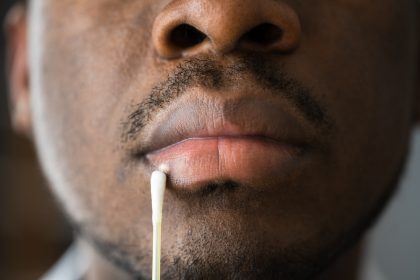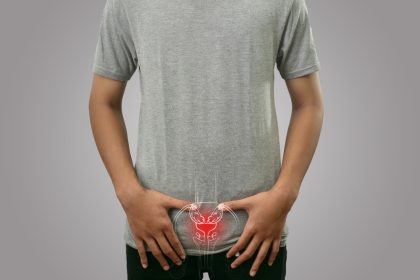
It’s been called the “clap” or “drip” but its medical name is gonorrhea and it is making a comeback in the United States. The Centers for Disease Control estimates that more than 800K people are diagnosed with gonorrhea each year in the US, despite information about the disease. Gonorrhea was in decline at one point, but it’s back with a ferocity, especially among teenage girls.
Not all people infected with gonorrhea show symptoms, which can cause persons to unknowingly spread the disease. Many women with gonorrhea discharge think they have a yeast infection and self-treat with over-the-counter yeast infection medication. Doctors warn that any vaginal discharge should be brought to the attention of a medical provider. In women the disease is characterized by the following:
- Greenish yellow or whitish discharge from the vagina
- Lower abdominal or pelvic pain
- Burning when urinating
- Conjunctivitis (red, itchy eyes)
- Bleeding between periods
- Spotting after intercourse
- Swelling of the vulva (vulvitis)
- Burning in the throat (due to oral sex)
- Swollen glands in the throat (due to oral sex)
In men, the symptoms are noted by:
- Greenish yellow or whitish discharge from the penis
- Burning when urinating
- Burning in the throat (due to oral sex)
- Painful or swollen testicles
- Swollen glands in the throat (due to oral sex)
Symptoms can occur within two to 10 days after exposure, but they can take up to 30 days to develop. The disease is diagnosed by a doctor who will use a swab to take a sample of fluid from the urethra in men or from the cervix in women. The specimen will then be sent to a lab to be analyzed. A person may also be given a throat or anal culture to see if the infection is in the throat or anus.
Fortunately, the infection can be treated and cured, unlike other diseases. To cure a gonorrhea infection, a doctor will give either an oral or injectable antibiotic. Even though the symptoms may clear up while taking the medication, it is important that all antibiotics be taken as directed. Gonorrhea can spread to the blood and joints. This condition can be life-threatening. People with gonorrhea can more easily contract HIV, the virus that causes AIDS. People with HIV infection and gonorrhea are more likely than people with HIV infection alone to transmit HIV to someone else. A person should use condoms when having sex even if they are not infected with the disease.













